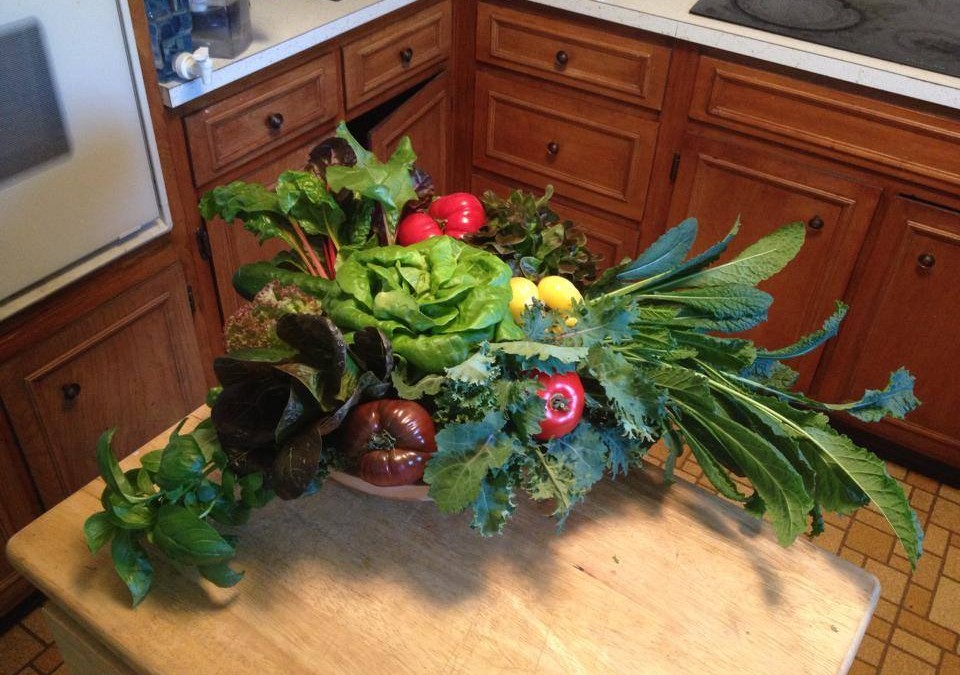
by andre | Mar 13, 2015 | Blogs, Daily Change, Stories |
Edible gardens evoke multiple memories for me, ranging from distant childhood recollections of our family’s garden in the backyard behind the garage, to more recent ones of holidays with my in-laws. My parents-in-law have grown a garden for decades, and when I visit I often get to enjoy fresh produce: green peppers, cucumbers, zucchini, beans, and squash. When I lived in New York City, my wife and I would often spend Saturday mornings walking to our neighborhood farmers market in Sunnyside, Queens. We grew to enjoy the delicious variety of local foods: crisp apples from upstate New York, juicy peaches, and farm-fresh tomatoes.In addition to enjoying the diversity and quality of the food at the farmers market, we also appreciated knowing where each item came from and directly interacting with those folks involved in transporting our food. So when we moved to a suburb of Denver in 2013, we wondered if we would be limited in our food choices to what was available at our local supermarket.While we are currently within easy biking distance (and even easier driving distance) to several grocery stores and organic food stores, not everyone in the Denver metro area is as fortunate to have access to affordable and nutritious food. Many neighborhoods in Denver can be classified as “food deserts,” areas where grocery stores are virtually nonexistent and fresh fruits and vegetables are extremely rare. Go here for a map of Denver food deserts. These food deserts not only affect the people living in the area–they also have an impact on our public health (for more information, go here to read the University of...
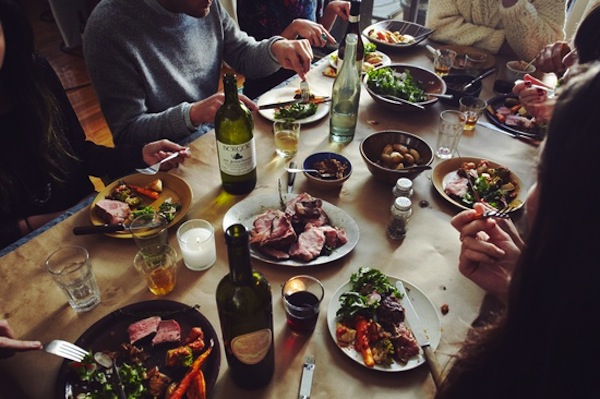
by andre | Mar 12, 2015 | Blogs, Daily Change, Stories |
Socializing hinges upon consumption, well at least it does for many of us. All too often, the scene of good times conjures the commercial of friends sharing beer or ordering each other drinks at a bar, or sharing a nice meal out. I love to bask in the glory of a dish cooked to perfection. I love it even more when the tastes are shared over banter and story time amongst friends. Food has a funny way of bringing us together. If we’re cowboys, the sound of the dinner bell brings us home. Ice cream truck tunes bring us and any kid on the block to at least look toward the street, if not race out curbside, to fork over our dollars for a cold treat. We gather around the fire to roast marshmallows and make smores while sharing scary stories. It’s not that we only gather to eat, or that we eat to gather; rather, we know that food enhances the gathering and vice versa. Friends make the food more savory, each bite sweeter, as does the food make your buddies’ jokes just a tad more funny. We adopt norms and etiquettes in how we communicate and express ourselves to one another as friends. There is an amount of social capital built in our food behaviors. Food is glue that can certainly bind but also stand in the way of relationships. On one hand, hospitality outwardly fosters the establishment and strengthening of bonds; however, one can see how a lack of dietary agreement or access to food can create obstacles to relationships. Food can highlight some serious social inequalities influenced by class, race, and gender. It’s pretty difficult for a...
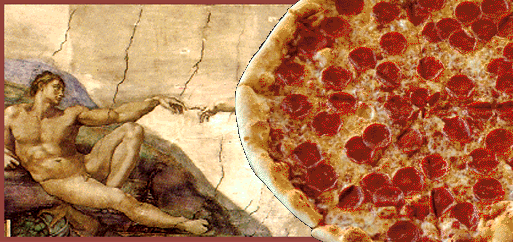
by andre | Mar 11, 2015 | Blogs, Daily Change, Stories |
What’s your relationship with food? Is it something to be enjoyed, or just fuel for living? Do you know where it comes from? Are you a foodie, hunting for the latest and tastiest? Maybe you crave food. Maybe you respect it. Maybe you’re afraid of it. With just a handful of days remaining in our advocacy for hungry children, my relationship with food feels like it’s in flux. In my life I’ve almost never wondered where my next meal would come from. Food has always been ready to hand, available to fill my stomach and tickle my tongue. I’ve always taken it for granted. Have you ever been in a relationship where you’ve been taken for granted? It doesn’t feel good. Today I can’t assume the coming of my next meal. We missed our first one last weekend. Of course our deprivation is both time limited and voluntary—stark and meaningful differences compared to the 800 million people who don’t have enough to eat day in and day out. Nevertheless, going without food, and not knowing when that will happen, changes my relationship with it. I’m now much slower to simply assume I’ll go to bed with a full stomach. Another thing that has changed is my ability to choose. It used to be, my only concerns were: What kind of food will I eat today? When, and how much? When having food goes without saying, then these questions are what we say instead. My relationship with food has been one of boundless consumerism: this, not that. Now, not later. But today, I can’t make those decisions. The ingredients and...
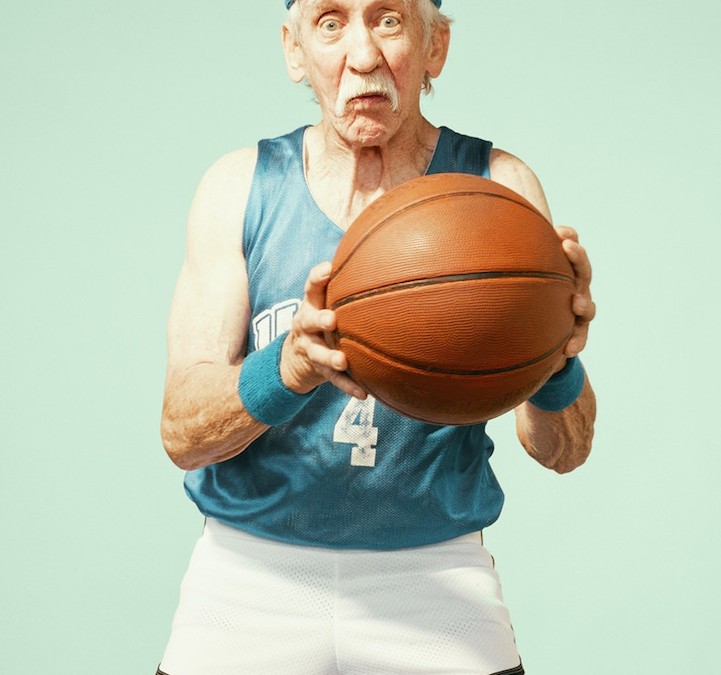
by andre | Mar 10, 2015 | Blogs, Stories |
Dieting doesn’t work. Countless studies have shown that short term gains from any number of fad diets are lost when the interval to recheck weight and general health is extended much beyond six to twelve months. By the numbers: $20 Billion: The annual revenue of the U.S. weight-loss industry, including diet books, diet drugs and weight-loss surgeries. 108 Million: The number of people on diets in the United States. Dieters typically make four to five attempts per year. 85 %: The percentage of customers consuming weight-loss products and services who are female. 1 Hour: The amount of time spent on daily exercise by people who lost and kept off at least 30 pounds of excess weight for five years. 95%: The percent of dieters who will regain all their weight in 5 years. So what’s the problem? Well there are a lot. Let’s look at a few: We are designed to avoid starvation, not obesity. When we restrict our calories below our metabolic needs, our bodies turn down the thermostat, slow the metabolism, and still store energy in the form of fat. Our ancient ancestors who determined our genetic heritage depended on the land for their food and thus suffered times of feast and famine. In times of feast, they got fat. In times of famine, they burned that fat and didn’t die. We are pre-programmed to enjoy food. And certain foods up that enjoyment level to addictive heights. From my friend Mark’s blog on food addiction a few days ago: “Food addiction is driven by the same neurotransmitters as drug addiction. The dopamine reward is our brain’s way of saying “That feels good....
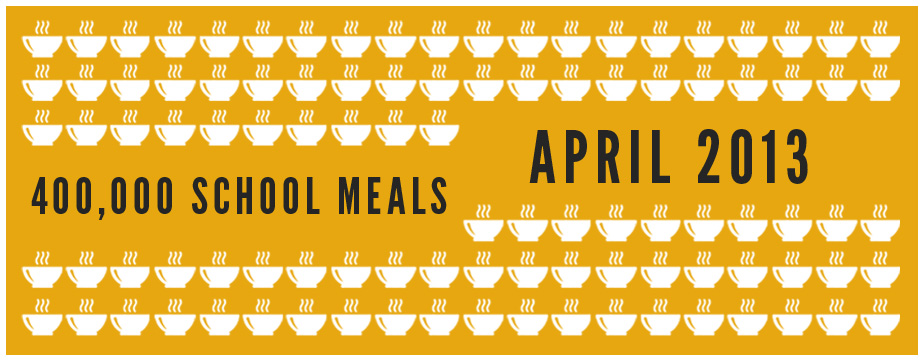
by admin | Feb 24, 2013 | Blogs |
As the first time Dad of a first grader, my responsibilities as a parent recently became more complicated. Before this school year, all I had to do on a daily basis was make sure my child stayed alive in my presence, but now I have added responsibility of making sure he not only eats elsewhere, he thrives in an educational system, so my mornings and afternoons consist of making sure his lunch is packed and his homework is done. While this parental challenge is no big deal to experienced parents, it’s been a significant learning experience on my end. But I’m not the only one who is learning through these daily challenges, my son has begun to take a keen interest in the contents of his lunch. Everyday he asks me how healthy his lunch is, and demands to know the nutrient content of each item: “How many nutrients do my carrots have Dad?”, “How much iron is in my sandwich?”, “Do pretzels have a lot of protein?”. I cannot express what a joy it is to see my child concern himself so seriously at such a young age about what he eats. With the joy of knowing I am providing my son with a healthy meal on a daily basis, comes the knowledge of knowing that millions of fathers are not given the same chance everyday. I think of all the parents who miss out on this simple joy by suffering from the burden of chronic hunger. They are faced with the terrible choice of not sending their children to school because the school cannot feed them daily,...

by andre | Jul 28, 2012 | Blogs |
Here is a diagram of some bad decisions for people being influenced by the system they perpetuate. If we ever hire a graphic designer and have money to waste (we won’t), we’ll have that person make an image of a merry-go-round-that we got moving too fast and we can’t jump off. Below are the links. 1. Elected politicians subsidize grain to lower costs http://goo.gl/n4YII 2. Farms subsidies incentivize overproduction of grain http://goo.gl/iZX2s 3. Cheap and overproduced grain is fed to livestock http://goo.gl/oQEx 4. Livestock becomes overproduced from inexpensive and overproduced grain http://goo.gl/LYiif 5. Overproduced livestock becomes cheap meat http://goo.gl/2IeQ1 6. Cheap meat is used to reduce the cost of portions http://goo.gl/S32fp 7. Reduced cost of portions increased sizes of portions http://goo.gl/dd1ta 8. People eat oversized portions http://goo.gl/K34PI 9. People become oversized from eating oversized portions http://goo.gl/PpXya 10. Oversized people less satisfied with smaller portions http://goo.gl/jMJE8 11. People demand cheaper and larger portions from restaurants http://goo.gl/sb3ER 12. People elect officials to make food cheaper http://goo.gl/BQwNO and http://goo.gl/KN5oR In our cycle of decision making concerning the food distribution system, the needs of those who are chronically hungry isn’t a factor for production. The decision for what food we produce does not factor in to it how many people in the world are starving or who is suffering from obesity for eating the food available. It is reasonable to think somewhere along the way, the major decisions about what food is going to be produced in this country should take into consideration those who are starving. We don’t need to do some altruistic rocket-science to know that our government...

by andre | Jul 25, 2012 | Blogs |
Dear Partner of 25 in Change, Thank you for being an essential part of a revolution fighting hunger and obesity in the world. Through your selfless contributions, we surpassed our goal of providing 187,500 school meals to hungry children through the UN World Food Programme. Thanks to you, thousands of children will now receive meals for an entire year! For 25 days, advocates emailed and approached me about how grateful they were for the partners who had believed in their ability to be advocates. As one of the advocates from this group, I can tell from my own experience that a deep sense of gratitude exists for each person who joined us in this fight to make sure that we, and thousands of children, didn’t go hungry. This letter has been sent to you by an advocate whom you’ve sponsored. We believe the people most capable of telling you about 25inChange are the ones you first supported who have been changed forever by it. All advocates have since changed their diets to be more healthy and sustainable, and, in a recent survey of advocates, they rated their experience of 25 in Change as one of the most impactful events of their lifetime. The advocates have sacrificed the most to make 25 in Change a success, and so they are most capable of ensuring that our organization remains completely transparent and accountable. Because of their strengths of character, we are comfortable putting our trust in them as they represent our organization’s needs to you. Like you, we believe in the people you supported and their ability to advocate for...
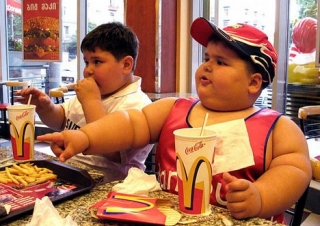
by andre | Jul 22, 2012 | Blogs |
Over the last few months I’ve talked about the link between fast food and obesity, chronic hunger and high food prices, and empathy and school meals. But over this next week, I’d like to start a new blog series: 7 Reasons why Fast Food causes starvation. Fast food—words which put together should sound like a high school dare, and not a $200 billion industry–is rapidly spreading across the globe. The average American spends $1 per day on it. It’s available in almost every democratic country. But readily available food, which seems to appear out of thin air; as if it was just waiting to please us, has a down side: it’s been shown to be a major cause of obesity around the world. Yeah, really. Apparently, science has recently shown that you can’t keep eating until you can’t eat anymore. I was just as shocked as anyone else to hear that the Double Cheeseburger with Bacon, a large fries, and a 32 oz soda, was not healthy for me. Apparently, even as far away as Saudi Arabia, scientists are now figuring out that a bucket of Fried Chicken washed down with a couple of 32oz milk shakes, covered in chocolate, and interspersed with more types of chocolate, are not part of a healthy balanced diet. Shocking, I know. Scientists were even capable of overcoming the difficulty of analyzing the effects of fast food in a country which doesn’t allow soccer moms to use the drive-through (It’s illegal for women to drive in that country, my guess is that men think they’ll leave the country; why else would women stay...
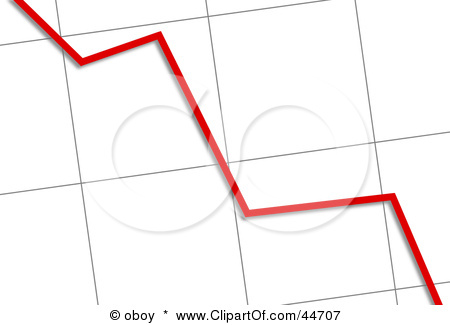
by andre | Jul 1, 2012 | Blogs |
Over the last month we have conducted anonymous exit interviews with 25 in Change advocates from Pathways Church. Below you will see a link to a PDF which shares 25 Results from these interviews. 25 in Change Exit Interview...
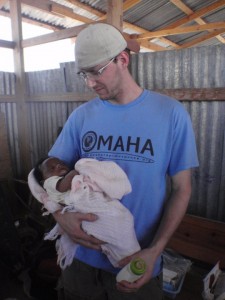
by andre | May 31, 2012 | Blogs |
Sometimes I sit back and wonder why there are so many denominations. I am not a member of the clergy, so maybe ignorance is bliss. But, I think if we were one giant community bonded together under Christ, we could get a lot more accomplished. As churches distinguish themselves more and more through what makes them unique from other churches, I wonder what the church would look like if we stripped away the hype, power dynamics, and politics? When I read the Bible and look at the greatest Christians throughout the last 2,000 years, I don’t see a book and group of people trying to build hype and excitement to make the gospel of Jesus relevant. The heroes of faith all have one thing in common: They put the needs of marginalized people first, and mold their faith in response to those needs. When I read the Bible, it seems pretty clear on asking Christians to help widows and orphans. In Deuteronomy 24:19-21, it says, 19 When you are harvesting in your field and you overlook a sheaf, do not go back to get it. Leave it for the foreigner, the fatherless and the widow, so that the Lord your God may bless you in all the work of your hands. 20 When you beat the olives from your trees, do not go over the branches a second time. Leave what remains for the foreigner, the fatherless and the widow. 21 When you harvest the grapes in your vineyard, do not go over the vines again. Leave what remains for the foreigner, the fatherless and the widow. James, the brother of Jesus, says in James 1:27, ...
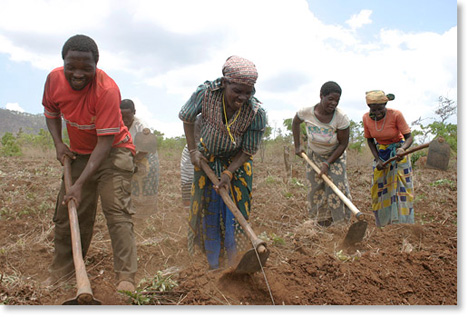
by andre | May 29, 2012 | Blogs |
So I think it’s time get real…like REAL with myself. These past 3 weeks have been anything but easy. Anything but normal. I wish I could say it was a good thing entirely…there were definitely good things that have and will continue to come from this experience. But I’ve also come to realize so many things–that aren’t necessarily bad–but awakening. Most especially, my compassion for others. Yeah, I have compassion, but I feel like it only runs so deep right now. That I’m compassionate only when it’s convenient, or “the right thing to do”. Well, I think compassion lives in many avenues of life, and it is always in life. Whether I’m alone or in a room full of people, being compassionate towards those around me means trying to understand where they are coming from, what they’re going through, and dealing with. Compassion for me means to step it up–to kick it up a notch. So, what does a truly compassionate person look like, breathe like, feel like? After 25 is over, how will I be different? Well, the “different” will start now. In the book conveniently titled Compassion, it’s said that “Compassion requires us to be weak with the weak, vulnerable with the vulnerable, and powerless with the powerless. Compassion means full immersion in the condition of being human.” So, what does that mean for me? I’m human. I realize I’m also selfish, sometimes selfless, compassionate, but also cold, sympathetic, but also self-centered. I’ve spent so many years of my life being excited to build relationships and to get to know other people. But, often I fail to...











